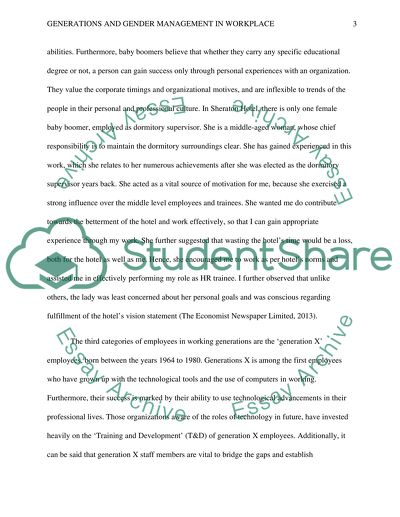Cite this document
(“Generation and Gender management in workplace Research Paper”, n.d.)
Generation and Gender management in workplace Research Paper. Retrieved from https://studentshare.org/human-resources/1674391-generation-and-gender-management-in-workplace
Generation and Gender management in workplace Research Paper. Retrieved from https://studentshare.org/human-resources/1674391-generation-and-gender-management-in-workplace
(Generation and Gender Management in Workplace Research Paper)
Generation and Gender Management in Workplace Research Paper. https://studentshare.org/human-resources/1674391-generation-and-gender-management-in-workplace.
Generation and Gender Management in Workplace Research Paper. https://studentshare.org/human-resources/1674391-generation-and-gender-management-in-workplace.
“Generation and Gender Management in Workplace Research Paper”, n.d. https://studentshare.org/human-resources/1674391-generation-and-gender-management-in-workplace.


